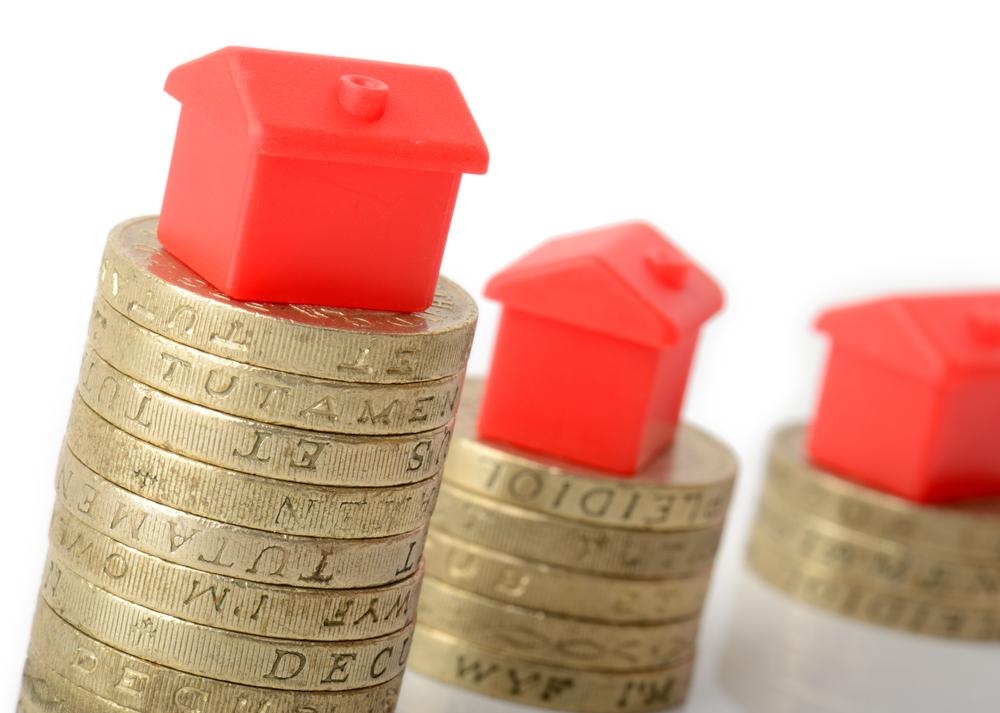 UK house price growth has come to a standstill, driven by record low stock numbers and political uncertainty, according to surveyors.
UK house price growth has come to a standstill, driven by record low stock numbers and political uncertainty, according to surveyors.
The Royal Institution of Chartered Surveyors said that the number of surveyors reporting a price rise in July was down from 7% in June to 1% – the lowest since early 2013.
RICS said the slowdown in the market was largely a result of a decline in London and the South East dragging down prices.
Homes at the top end of the market had the biggest difficulty finding buyers, with 68% of properties valued over £1 million coming in below the asking price.
A third of homes were sold at up to 5% below the original agreed price.
Simon Rubinsohn, RICS chief economist, said: “Sales activity in the housing market has been slipping in the recent months and the most worrying aspect of the latest survey is the suggestion that this could continue for some time to come. One reason for this is the recent series of tax changes but this is only part of the story.
“Lack of new build in the wake of the financial crisis is a more fundamental factor weighing on the market. And there are some very real consequences for the economy from all of this including the impact on the ability of people to be mobile when looking for work.”
Prices over the next three months are expected to remain flat. The outlook over the next 12 months is more optimistic, with 28% of surveyors expecting a rise in prices – although this is the least positive reading since the EU referendum.
“The flatter trend in price growth is arguably a silver lining but there is no real indication that the housing market will become materially more affordable anytime soon. Hence the need for the government to press ahead with the Build to Rent initiative as well as continuing to focus on other tenures alongside home ownership to try address this critical issue,” said Rubinsohn.
Jonathan Harris, director of mortgage broker Anderson Harris, said: “With interest rates at rock-bottom for so long, it should follow that the number of properties repossessed or those finding themselves in mortgage arrears, should continue to fall. That said, there is no room for complacency – the only direction for rates to move is upwards and while this isn’t expected to happen imminently it is important that borrowers are prepared.
“Interest rates will rise at some point so borrowers need to plan ahead and consider how they would cope with higher mortgage costs. For those who would struggle to pay their mortgage were interest rates to rise, a fixed rate makes sense, and the good news is that there are many excellent deals available which will keep monthly payments low and help with budgeting.
“It is vital that borrowers keep their lender in the loop if they are struggling with their mortgage. The data shows that lenders are being flexible and showing forbearance but it is much easier and less stressful to come up with solutions early on than further down the line when the options may be much more limited.”
According to the latest Halifax House Price Index, annual house price growth eased to 2.1% in July, down from June’s figure of 2.6%.
The lender said that the growing squeeze on household finances and higher stamp duty introduced on buy-to-let and second homes was weighing on demand.




